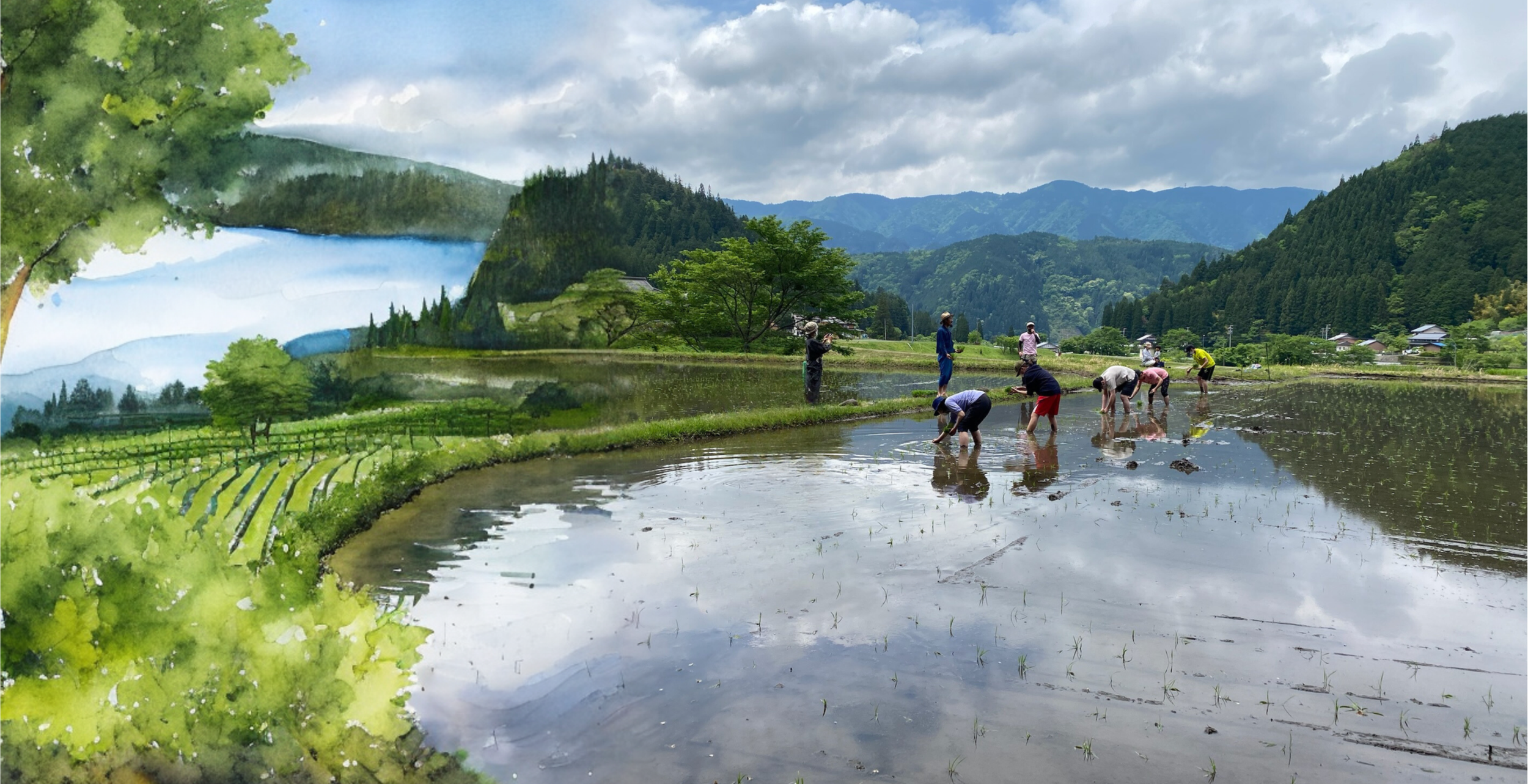
Introduction to the Issue
Mantis enters its third decade.
And for our next trick, we’re flipping the script. For as long as we’ve been around, Mantis has aimed to bring the best in new poetry and poetry in translation into print, mostly in that sequential order. An ordering that, I must note, is not meant to place any greater value or emphasis on poetry written in English than poetry written in every other language. Still, as a translator and scholar who works primarily on literature not in English, I can’t help but pause at the conjunction. Poetry and translation. Embedded in the words, a temporality, a primacy of that which comes before, as time (and text) ambles from the left, rightward.
Yet, sequences set not in stone be.
With some truly stellar translated poetry collaborations arranged by our editors, we dedicate this issue to the art of translation, to the care taken to transform words written in one language into poetry in another, and to the vital ambition of the translator who is compelled to engage in such a labor of love.
The issue begins with “Exchanging Cups,” a special section of tanka poetry written on the theme of sake, coordinated by editor Katherine Whatley in collaboration with our friends at Hirano Jozo Sake Brewery in Gifu Prefecture, Japan. The title page of the issue features an image of the sakagura during the brewing process, and the cover returns us back to the days of harvest under the wide blue skies of late summer. Stretching onto the back cover, we extended the image with a bit of AI editing magic to create a bridge between our cultures, blending the rice fields quite uncannily with a landscape suggestive of the vineyards of
the California coast. (On the web, you can catch glimpses of the experiments above and below, as well as on the table of contents page)
Whether you’re an aficionado of the traditional Japanese beverage or have never tasted it, the poems we’ve collected are sure to rouse a certain longing in every reader, and might just leave you thirsty for more. Following the sake poetry, I thought it fitting to put out a call asking poets for their odes to their own spirits, a pick-your-poison adventure that “raises a glass”–kanpai, saúde, cin cin—from one corner of the earth to another.
Transitioning into our translation section proper, this year we’re featuring work by poets and translators working in ten different languages, ranging from classical Japanese to modern Greek, spanning five continents. Somehow, across the expanses of space and time in which these distinct pieces were composed, there is an airy, almost dreamlike quality that links them, lulling us as readers into a kind of profound awakening.
To conclude our spotlight on translation, we turn to the voices of two poets from Ukraine who, as editor Lorenzo Bartolucci expresses in his eloquent introduction, remind us of poetry’s power to interrogate history and ask us, in the same breath, to critically remember. Now as ever, it is our duty to listen.
And if, in the end, your appetite for poetry isn’t quite sated by these offerings, it just so happens that we conclude this issue with one of our most massive collections of new poetry to date. It was a record year for submissions and we have chosen to share as much of the excellent poetry we received as we possibly could. I’ve already lost count of the number of poets who grace this year’s issue, and giving an overview of the stunning range of style and content would be near impossible. So, simply, I will make no attempt.
Instead, I offer this rumination:
In many ways, a poem is like a cocktail. For each of us exists a perfect balance of flavor to tickle our fancy—be it a certain rhyme or meter, an ineffable flow, a turn of phrase that lingers on the back of the tongue, the lilting lull of a caesura, pristinely positioned. Sometimes it’s that acerbic assonance we seek, thick with bitters, an alcoholic gut-punch with a burn that slides all the way to the heart of things. Or maybe it’s clean, simple, with well-defined edges, with a non-alcoholic spirit base but no less complex (there’s a little something for everyone here). But a great poem, like a great cocktail, is one that stays with us. That with its scent and flavor has the power to bring us back to a moment in time, to where we were, to who we were with—to who we were, then and now.
So here’s to you, reader. I wish unto you the hours that poetry will bring, filled to the brim, mind runneth over. Linger on those words that catch you, swirl their sound and image around and enjoy the bouquet before you take your next sip. Settle in, and savor.
Jason M. Beckman
Editor-in-Chief
April 2023

